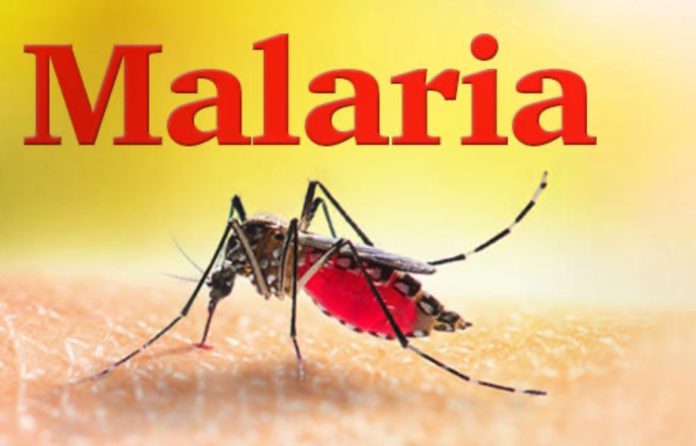Marius Musa Kargbo, AYV News, May 14, 2025
In the global fight against deadly diseases, HIV and AIDS often dominate conversations, headlines, and donor priorities. Yet, in my opinion, malaria is an even more dangerous and under-acknowledged threat—especially in countries like Sierra Leone and across much of sub-Saharan Africa. While the world has made great strides in controlling the spread of HIV through awareness campaigns, antiretroviral therapy, and international funding, malaria continues to claim lives—silently and steadily.
Malaria is a disease that can kill within days if not treated. It disproportionately affects children under five and pregnant women. According to the World Health Organization, malaria kills hundreds of thousands of people annually, with the majority of these deaths occurring in Africa. In Sierra Leone, malaria remains the leading cause of illness and death, especially among vulnerable populations. Almost every household has experienced the loss or suffering of a loved one due to this preventable and curable disease.
Unlike HIV, which requires specific modes of transmission, malaria is spread through mosquito bites—making it easier to catch, especially in areas with poor sanitation, stagnant water, and limited access to mosquito nets or preventive medication. And while the stigma around HIV has rightly decreased due to global advocacy, malaria continues to receive less attention, perhaps because it is seen as a “normal” or seasonal illness.
This normalization is dangerous. It breeds complacency, both at the policy level and within communities. People self-medicate or delay seeking treatment, and governments underfund prevention efforts. Meanwhile, the disease continues to rob families of their loved ones and countries of their productivity.
The fight against malaria deserves the same urgency, funding, and global attention that HIV and AIDS receive. Communities need education on prevention, consistent access to treated mosquito nets, early diagnostic services, and effective medication. Local governments must prioritize malaria in their national health strategies and allocate resources accordingly.
We cannot afford to ignore the death toll malaria brings each year. While we commend the progress made in reducing HIV and AIDS infections, let us also raise our voices and demand action against malaria. It is time we stop underestimating this silent killer that continues to haunt households in Sierra Leone and beyond.

